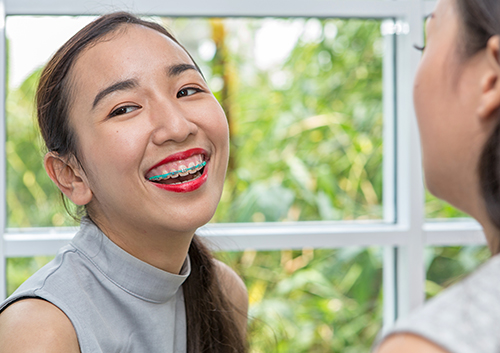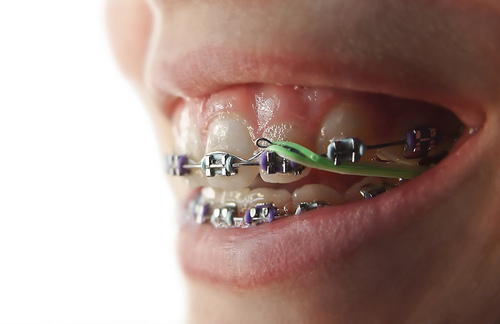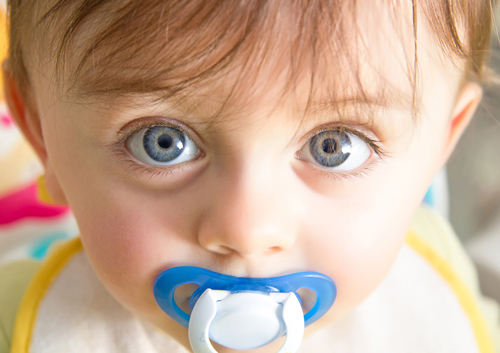
Some myths never wear out their welcome. If the Tooth Fairy helps your child transition from baby teeth to adult teeth, more power to her! On the other hand, some myths we can do without. Here are five common misconceptions about orthodontics, and the reality behind the myth.
If you think orthodontists can make a crooked smile straight, you’re right! Creating a beautifully aligned smile is one of our specialties. And if your primary interest is in a straight, even smile for you or your child, that’s a good thing. You can’t underestimate the confidence a beautiful smile brings. But please don’t think that’s all we do. In orthodontics, aesthetics and function work together. An essential part of an orthodontist’s work is diagnosing and treating malocclusions, or bad bites. The correct alignment of teeth and jaw is what makes a beautiful smile a healthy one as well.
- I Don’t Need an Orthodontist for Orthodontic Treatment
All dentists receive comprehensive training and experience in order to earn their dental degrees. But did you know orthodontists like Drs. Hutcheson, Train, Goodall, Lewis receive two to three years of additional formal training, concentrating specifically in the field of orthodontics? An orthodontist is a specialist, and diagnoses and treats problems with tooth alignment while taking into account dental, jaw and facial development. That is why an orthodontic specialist is best qualified to create a unique, custom-tailored treatment plan for each patient in order to achieve a beautiful, balanced, and healthy smile.
- My Child is Too Young for Orthodontic Treatment
We actually recommend that every child see an orthodontist for an evaluation by the age of seven. It’s important to be aware of any potential orthodontic problems that might affect your child’s later years, but we can also treat problems even before braces are on the horizon. If your child’s mouth is very small, we may recommend gently enlarging the upper dental arch with the use of a palatal expander to accommodate adult teeth as they erupt. If a baby tooth is lost too soon, we can provide a space maintainer so your child’s permanent tooth can erupt in the right place. We can even treat bite problems before all the adult teeth arrive. A visit when your child is young might help prevent the need for more complicated treatment in the future.
- I’m Too Old for Orthodontic Treatment
You’re really not. As long as your teeth and gums are healthy, orthodontic treatment is a great way to keep them healthy. Crowded teeth and malocclusions can lead to problems like worn or cracked enamel, headaches, jaw problems, increased tooth decay, and periodontal disease, to name but a few. And today’s orthodontics offer a much wider variety of treatment options than the metal gear you remember from your high school days. Which leads us to our last myth of the day:
- Those Metal Braces Aren’t for Me
In that case, it’s a good thing we have many other options to offer. Ceramic brackets and clear elastic ligatures make traditional braces much less visible. Lingual braces use brackets and wires placed behind the teeth, which are almost impossible to detect. And clear aligners allow you to subtly reposition your teeth with each new aligner tray—and are removable if need be. In fact, even those metal braces you might remember from your own high school days have gotten smaller and sleeker. Talk to us about the many discreet options available for older and younger patients.
If you are interested in what orthodontics might do for you, give our Richardson or Carrollton office a call! We are here to help you discover what’s possible and then to design the best possible treatment plan in order to achieve it. Let’s make your beautiful, healthy smile a reality!





